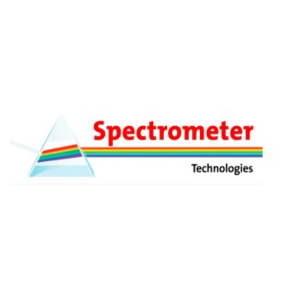When it comes to platinum, South Africa is the undisputed world leader with proven reserves of over 63,000 metric tons.
To put this in perspective, the country’s nearest rival is Russia with a relatively small reserve of 3,900 metric tons. Much is being made of the role which platinum group metals (PGMs) can play in the energy transition, with their vital utilisation in hydrogen production. But there is another huge market opportunity for platinum – reducing the colossal amount of food waste globally.
In this special Mandela Day feature the world’s largest platinum producer – Anglo American – shows what can be possible for society through platinum and for South Africa’s growth potential, with its diverse workforce and economy, using this underrated metal:
Modern society is wasting food, and a lot of it. Latest figures show nearly half of all fruit and root crop vegetables produced globally are wasted each year, with around one-third of the food produced annually for human consumption – approximately 1.3 billion metric tonnes – spoilt or wasted. That’s enough to feed three billion people, the population of India more than two times over. Food loss and waste is also responsible for the release of 4.4 gigatonnes of greenhouse gas emissions per year which roughly equals to the mass of 13 million Boeing 747 jets.
In 2020, the United Nations introduced a dedicated task force to raise awareness and prompt action around the problem. 29 September 2020 marked the first International Day of Awareness of Food Loss and Waste Reduction. Tackling this growing crisis requires a multifaceted approach, including production changes and a long-term behavioural shift.
But what if there was technology available that could make the food in your fridge, or the perishables in your supermarket, stay fresh for longer? Even more incredibly, what if that technology was based on the precious metals that we are more used to see on displays in jewellery shop windows?
Explained: ethylene, PGMs and low temperature digestion
The secret is ethylene. Ethylene gas is a naturally produced plant hormone that influences plant growth, development, and stress responses throughout its lifecycle. Fruit and vegetables produce ethylene and use it as a signal to increase respiration, and to speed up the natural maturation and ripening process.
Ethylene significantly impacts how long produce can be stored and sold after harvest. The removal of ethylene delays the ripening process, keeping food fresher for longer.
Here, we will explain how precious metals, technologies and innovative partnerships have a role to play in making this possible.
Image supplied by Anglo American
Platinum group metals (PGMs) can help!
PGMs – platinum, palladium, rhodium, ruthenium, iridium and osmium – are well-known for their catalytic properties and are used to promote many chemical reactions.
While decomposing and removing ethylene gas and other volatile organic compounds (VOCs) has historically required an environment approaching 200 degrees Celsius, the next-generation FT-eco (Furuya Eco-Front Technology Co., Ltd) catalysts, which use small quantities of precious metals, provide an effective catalytic action working at lower temperatures, ranging from 0-30 degrees Celsius.
As one of the world’s leading PGM producers, we, at Anglo American have explored the use of these precious metals to develop solutions for the decomposition, removal and absorption of ethylene.
Image supplied by Anglo American
Anglo American and Furuya Metal
We are partnering with Japanese precious metal company, Furuya Metal, through a dedicated joint venture set up to drive mass production of various FT-eco catalysts designed to decompose ethylene and volatile organic compounds at normal temperatures.
This innovative technology embeds nanoparticles of precious metals, such as platinum, in a special ceramic carrier.
Current applications include keeping fruit, vegetables flowers and plants fresh longer in retail stores, in logistics cold chains, and in the home, reducing waste.
Anglo American and It’s Fresh!
The removal of ethylene is also the focus of It’s Fresh, a company utilising PGM technology.
The unique nature of It’s Fresh’s ethylene-absorbing technology is that it is simply and universally applied onto or into a wide range of differing substrates. When placed near fruit, ethylene is safely adsorbed via the process of chemical absorption, or chemisorption.
Achieving success through innovation partnerships
“Our development team comprises a diverse group of experts drawn from several industries. Working together, we provide the commercial and technical insight needed to research, identify, and fully investigate potential new opportunities. Think of us as ‘demand architects’,” says Benny Oeyen, Executive Head of Market Development at Anglo American.
Anglo American’s diverse portfolio of interests in the PGM market development space include investing in the platinum catalyst technology used in electrolysis to make green hydrogen, and in fuel cells powering next-generation passenger vehicles, lorries, ships and trains. On battery technology, Lion Battery Technologies Inc, a joint venture launched with Canadian company Platinum Group Metals Limited (PTM) is dedicated to accelerating the development of next-generation battery technology using platinum and palladium to improve performance and potentially outperform current alternatives.
In the healthcare sector, Anglo American Platinum has partnered with the UK’s University of Warwick to evaluate the potential for a novel, platinum-containing anti-cancer drug which can be activated by light, and applied and stimulated locally to the tumor, therefore reducing damage to surrounding tissue and potentially reducing adverse side effects.
For more information about Anglo American Platinum and its market development activities visit here.


.jpg?ext=.jpg)

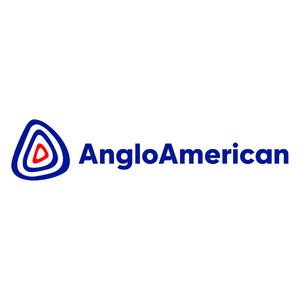


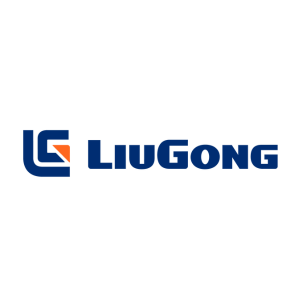


-Logo_CMYK_1.jpg?width=1000&height=500&ext=.jpg)





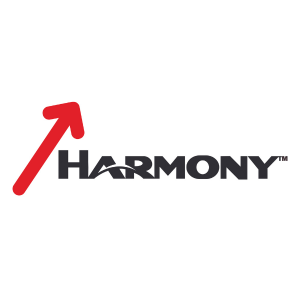
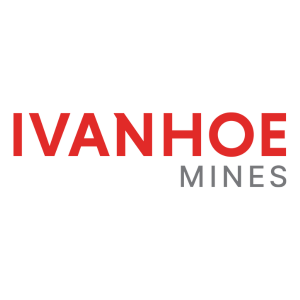
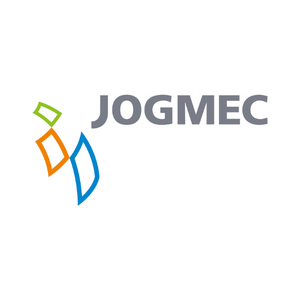


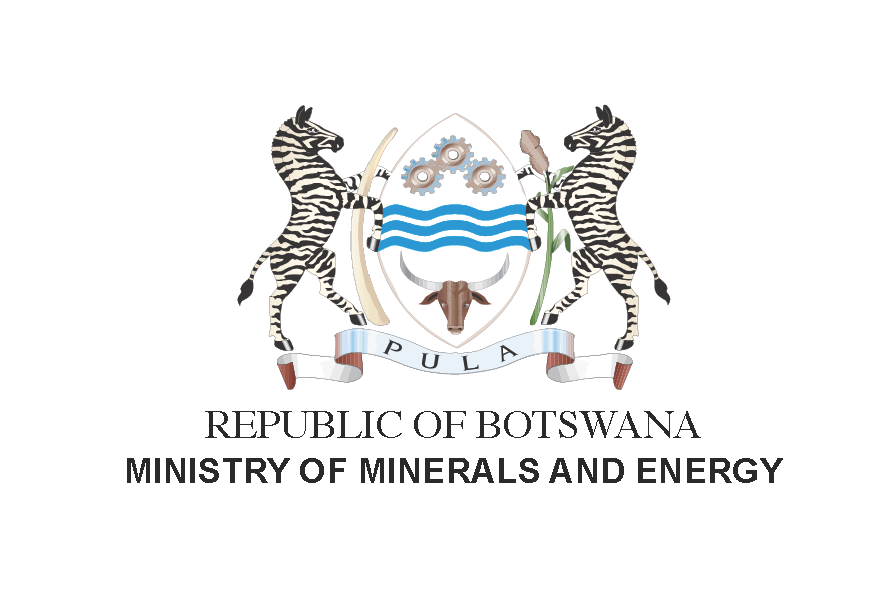.png?width=300&height=208&ext=.png)

_mi25-weblogo.png?ext=.png)
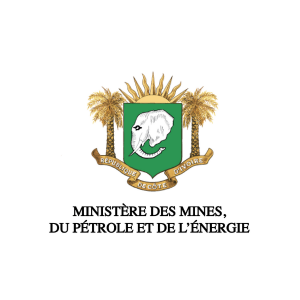
_1.png?ext=.png)





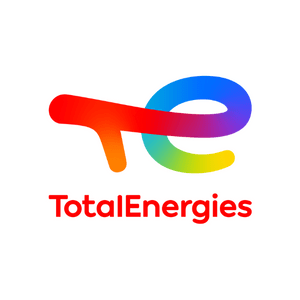



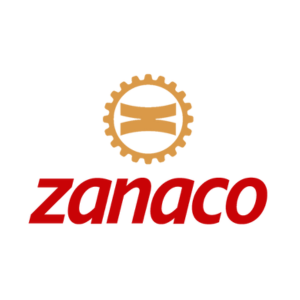

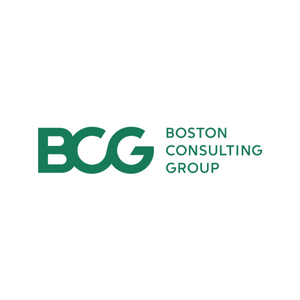








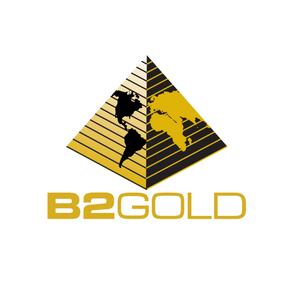
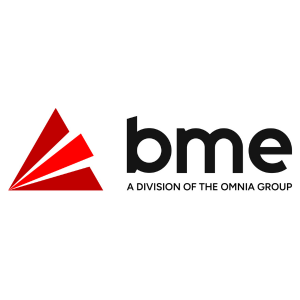


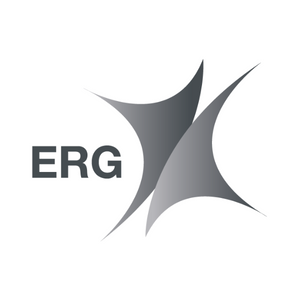





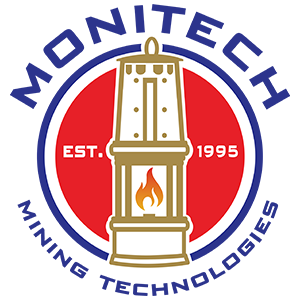

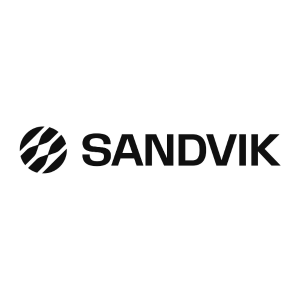
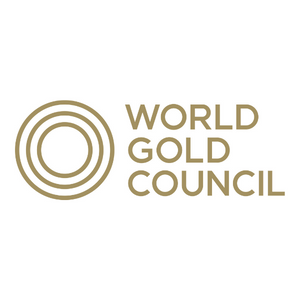
_logo.png?ext=.png)


_mi25-weblogo.png?ext=.png)



